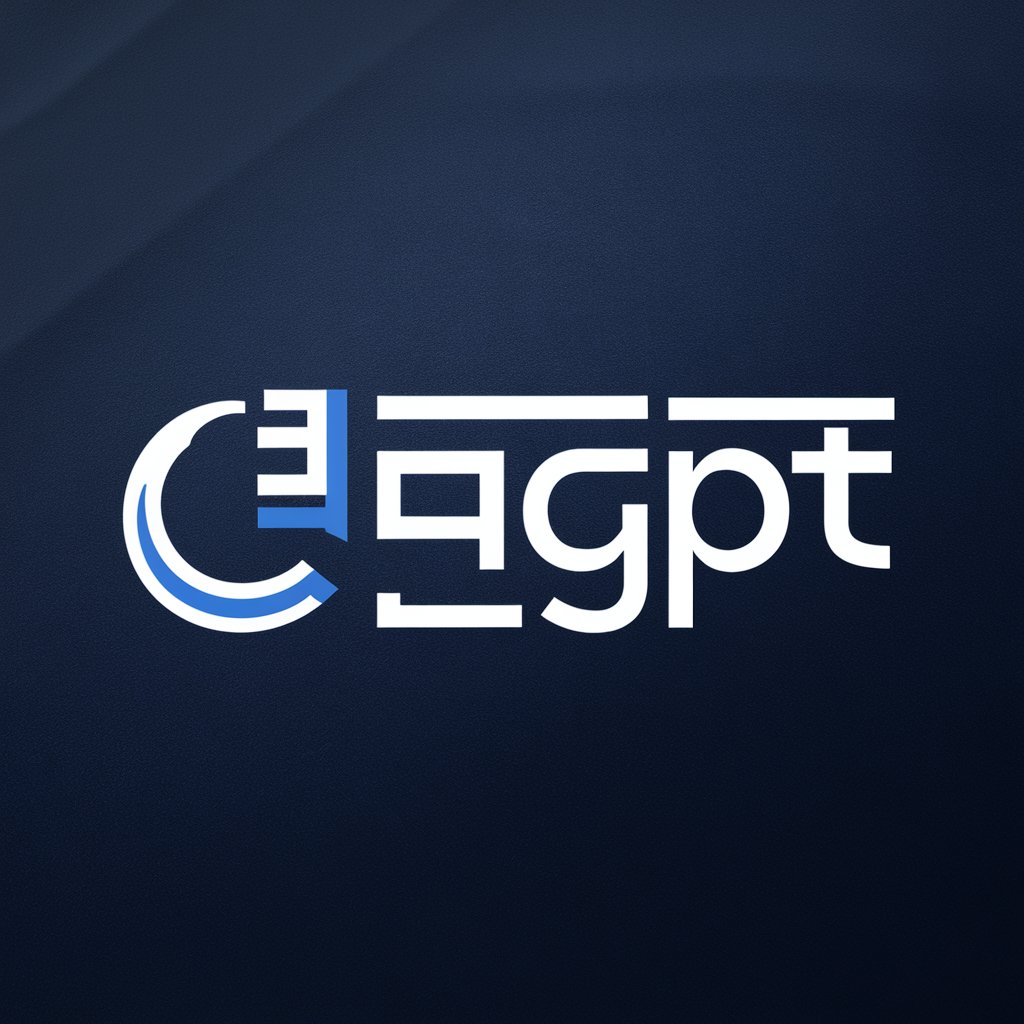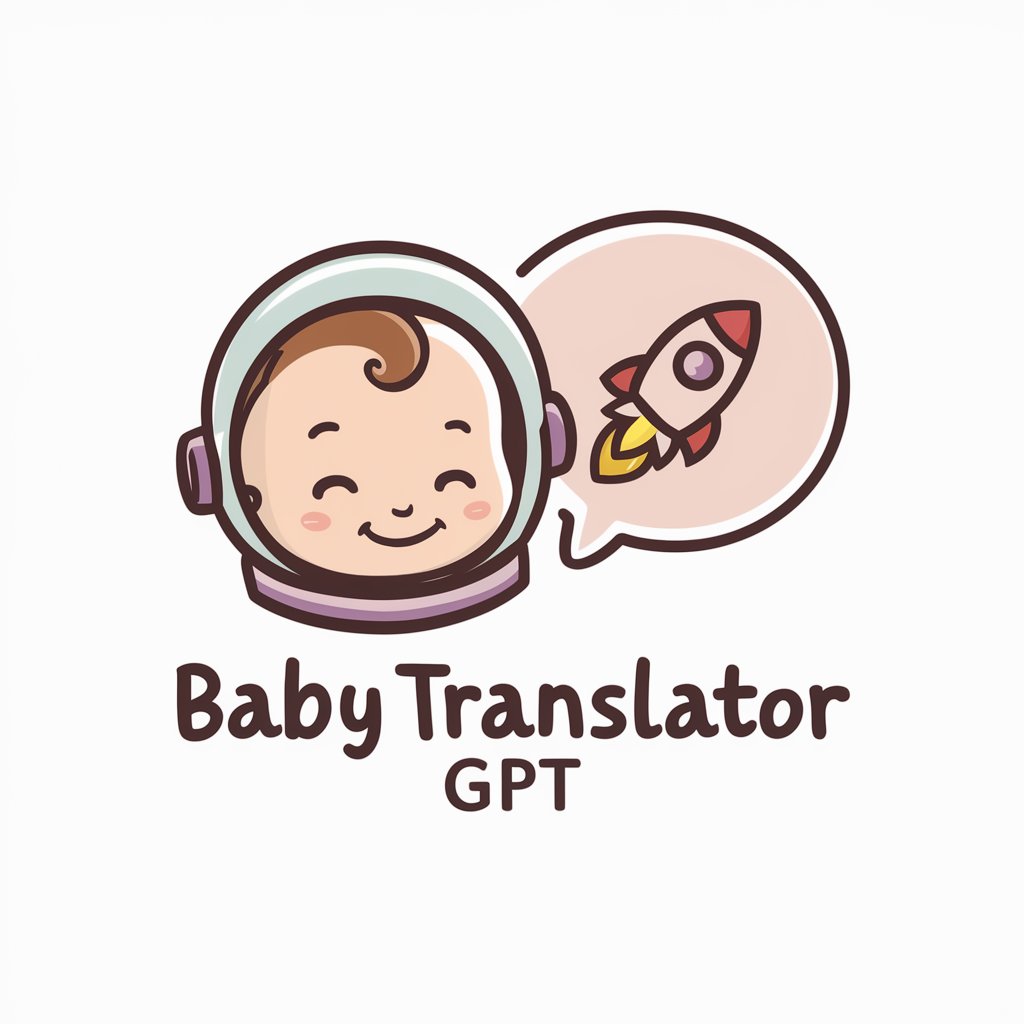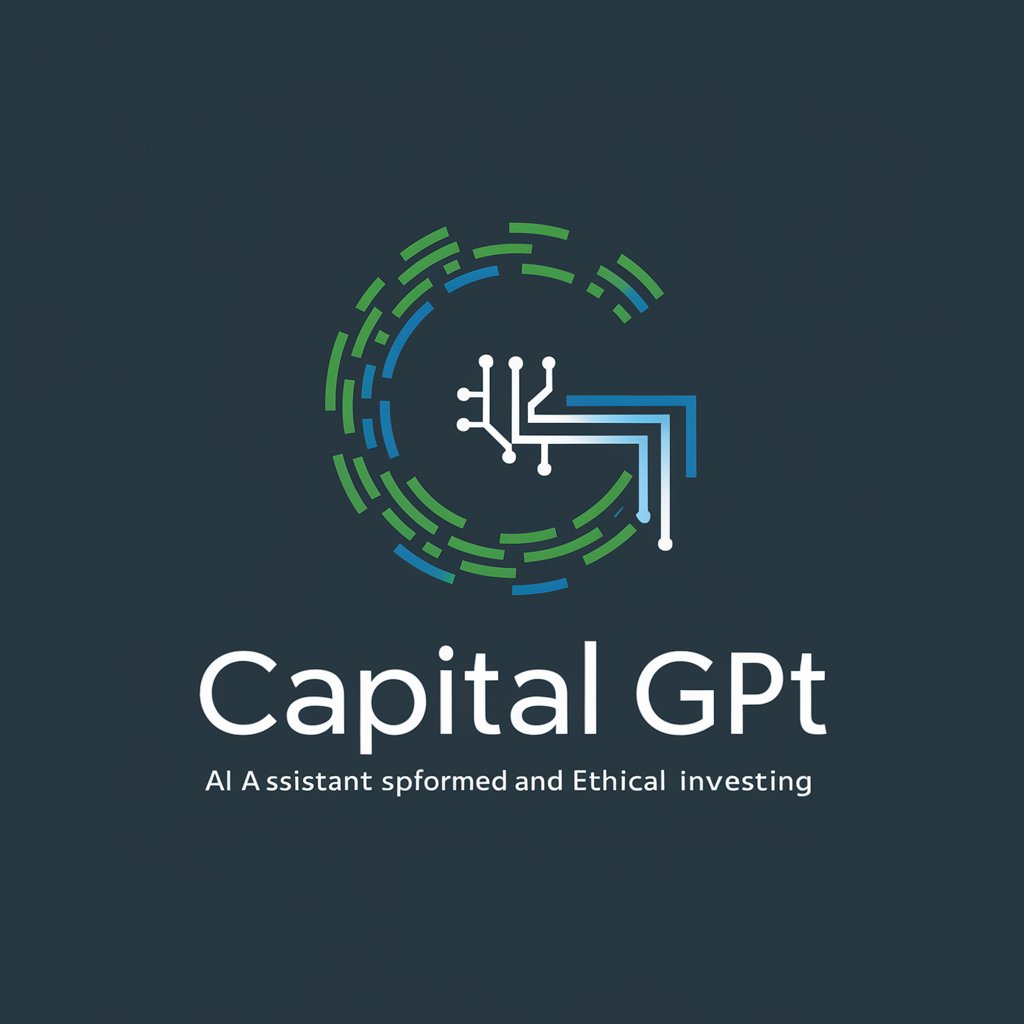
SimGPT - Healthcare Simulation Creator
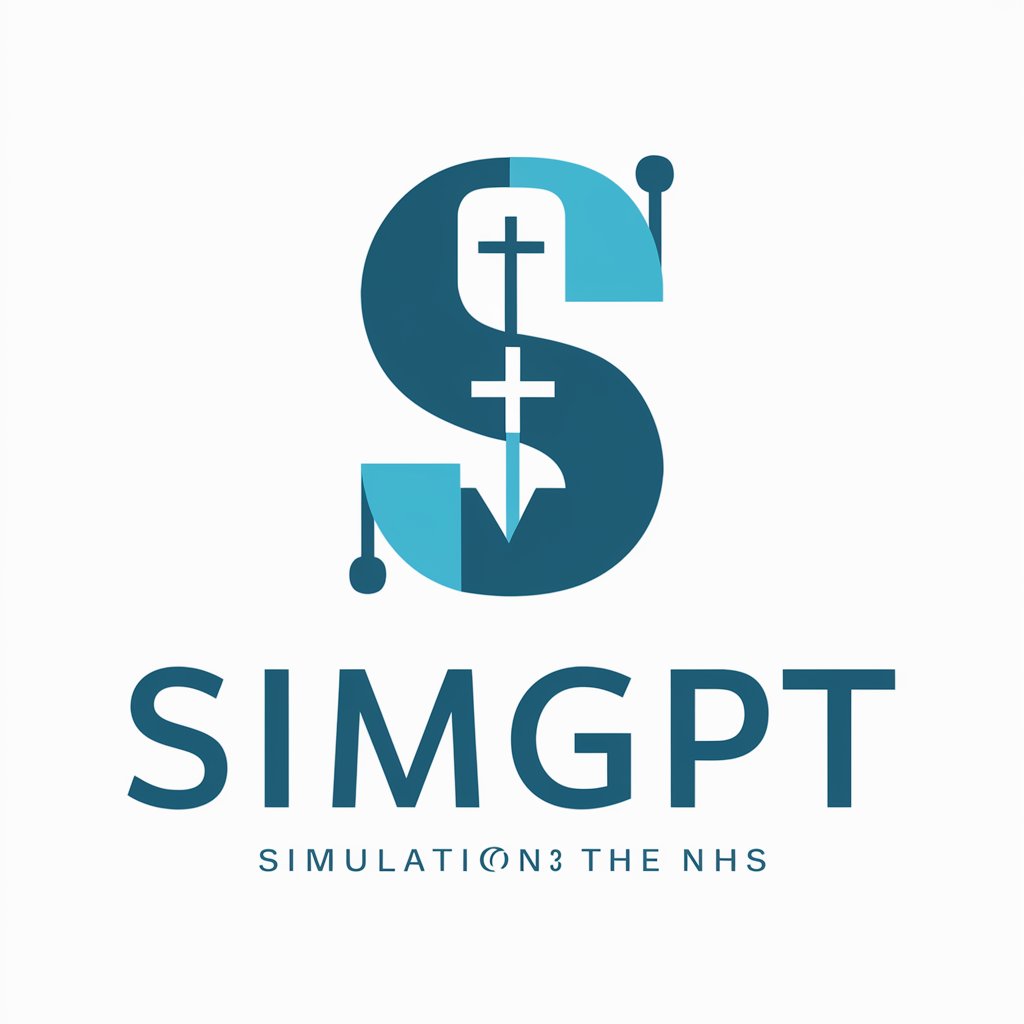
Welcome to SimGPT, your partner in healthcare simulation.
Empowering healthcare learning with AI-driven simulations.
Develop a simulation scenario for...
Create a detailed stage description for a patient experiencing...
Outline the intended learning outcomes for a scenario involving...
Design the equipment list and briefings for a scenario where the simulated patient presents with...
Get Embed Code
Overview of SimGPT
SimGPT is a specialized AI model designed to support the development and execution of healthcare simulation scenarios, specifically tailored for the UK National Health Service (NHS). It assists in structuring and conducting training simulations that focus on clinical, communication, and critical thinking skills necessary for medical professionals. These scenarios are meticulously crafted to simulate real-life medical situations, providing learners with a safe environment to practice and enhance their clinical decision-making skills. For instance, SimGPT can generate a detailed simulation where medical students must diagnose and treat a patient with symptoms of acute myocardial infarction, involving role-specific briefings and physiological parameters to monitor progression. Powered by ChatGPT-4o。

Core Functions of SimGPT
Scenario Structuring
Example
SimGPT structures a scenario titled 'Acute Asthma Attack' where participants are guided through initial assessment, treatment, and monitoring of a simulated patient presenting with severe respiratory distress.
Scenario
In this scenario, learners apply learned techniques such as nebulizer administration, oxygen therapy, and continuous monitoring of vitals, progressing through stages that require adapting to the patient's changing condition.
Real-time Feedback
Example
During a cardiac arrest simulation, SimGPT provides immediate feedback based on the actions taken by the healthcare team, highlighting areas such as the speed and efficiency of CPR delivery and adherence to ACLS guidelines.
Scenario
Feedback mechanisms help participants identify critical gaps in their emergency response skills, encouraging a deeper understanding of clinical protocols and teamwork.
Debriefing and Reflective Learning
Example
After a complex simulation involving a multi-trauma patient, SimGPT facilitates a debriefing session that focuses on decision-making processes, communication among team members, and clinical interventions.
Scenario
This debriefing helps learners reflect on their performance, discussing both strengths and areas for improvement which is crucial for their professional development and readiness for actual clinical environments.
Target Users of SimGPT
Medical Educators
Educators and trainers who need efficient, structured simulation tools to enhance the training of medical students and professionals. They benefit from SimGPT’s ability to create diverse scenarios that can be customized to specific learning objectives, making education more engaging and effective.
Healthcare Students
Students in medical, nursing, and allied health fields use SimGPT to gain practical experience in a risk-free setting. This hands-on practice is vital for building their confidence and competence in clinical skills before they encounter real-life patients.
Professional Development Coordinators
These are personnel responsible for ongoing training and professional development within healthcare institutions. SimGPT assists them in implementing regular training modules that address both common and rare medical scenarios, ensuring that healthcare teams maintain high competence levels.

How to Use SimGPT
Step 1
Navigate to yeschat.ai to initiate a free trial instantly without requiring a login or subscribing to ChatGPT Plus.
Step 2
Select 'Healthcare Simulation Scenarios' from the available modules to explore scenarios designed specifically for training healthcare professionals.
Step 3
Configure your simulation parameters, including scenario type, intended learning outcomes, and participant roles to tailor the experience to your educational needs.
Step 4
Engage with the simulation using the structured scenario format which includes staged medical situations, physiological parameters, and debriefing points.
Step 5
Utilize the feedback and debriefing sections to reflect on the simulation experience and enhance learning and understanding of clinical decision-making.
Try other advanced and practical GPTs
SimGPT
Chat in Simlish, powered by AI!
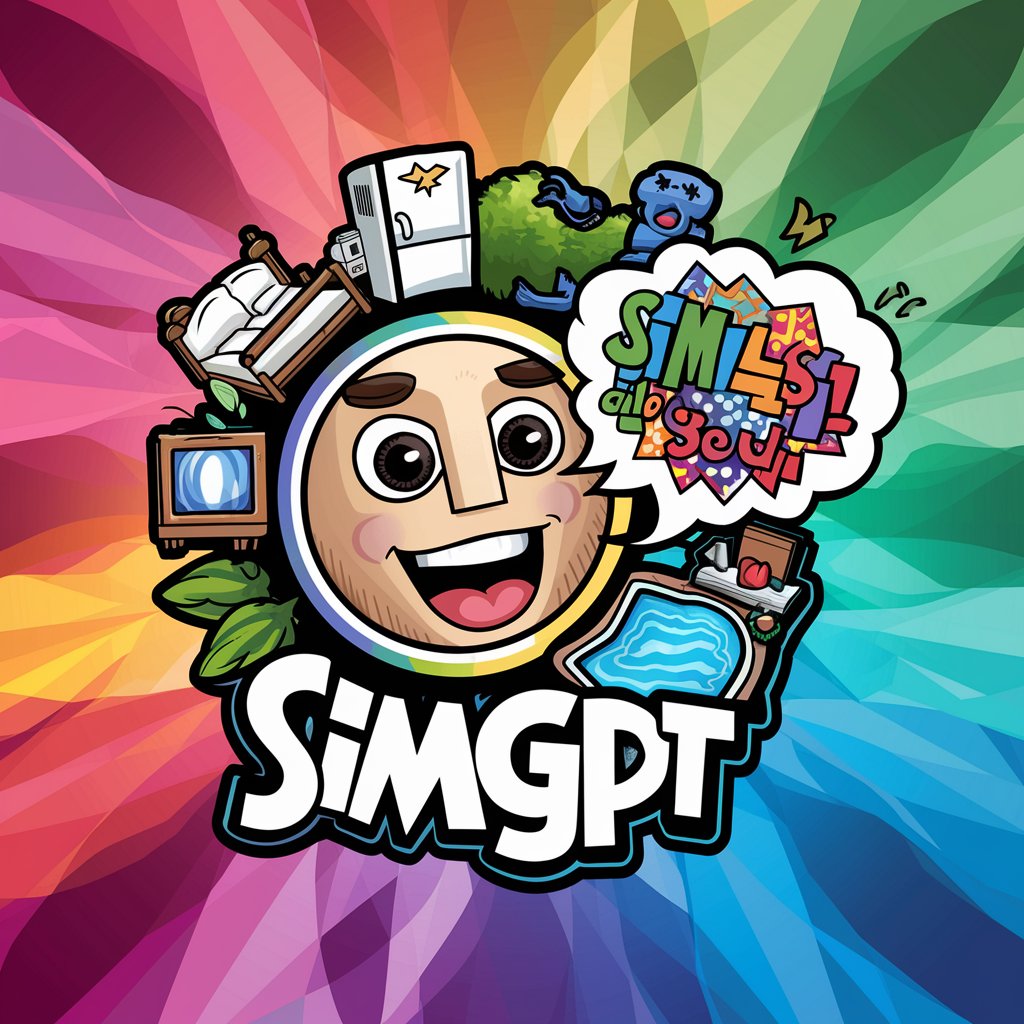
Insta Reels Hook Generator
Boost engagement with AI-crafted reel hooks

Content Hook Generator
Craft Captivating Content with AI
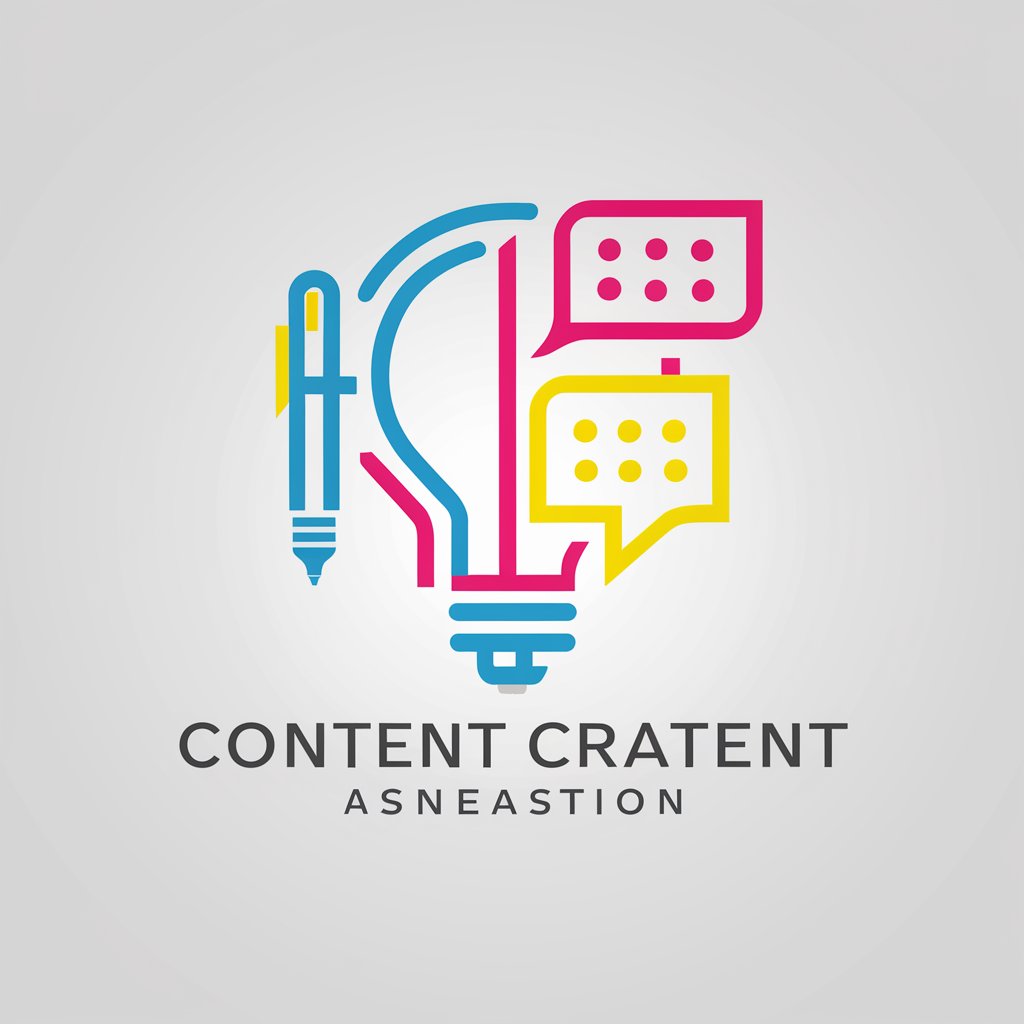
Hook Generator - Get 10M+ Views
Catch Eyes, Capture Minds

Viral Hook Generator
Amplify Engagement with AI Creativity

Hook Generator - Viral
Craft Captivating Content Instantly
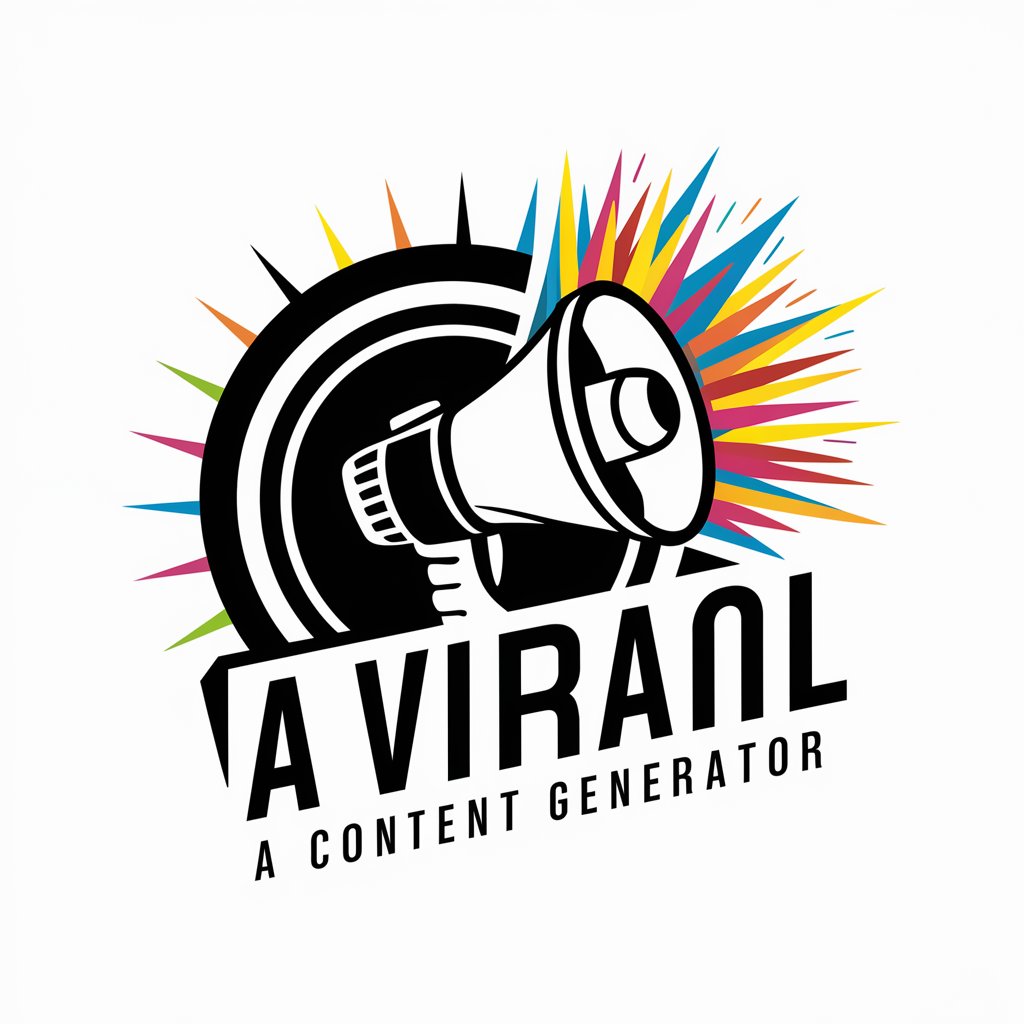
JimGPT
Empower your robotics and AI knowledge
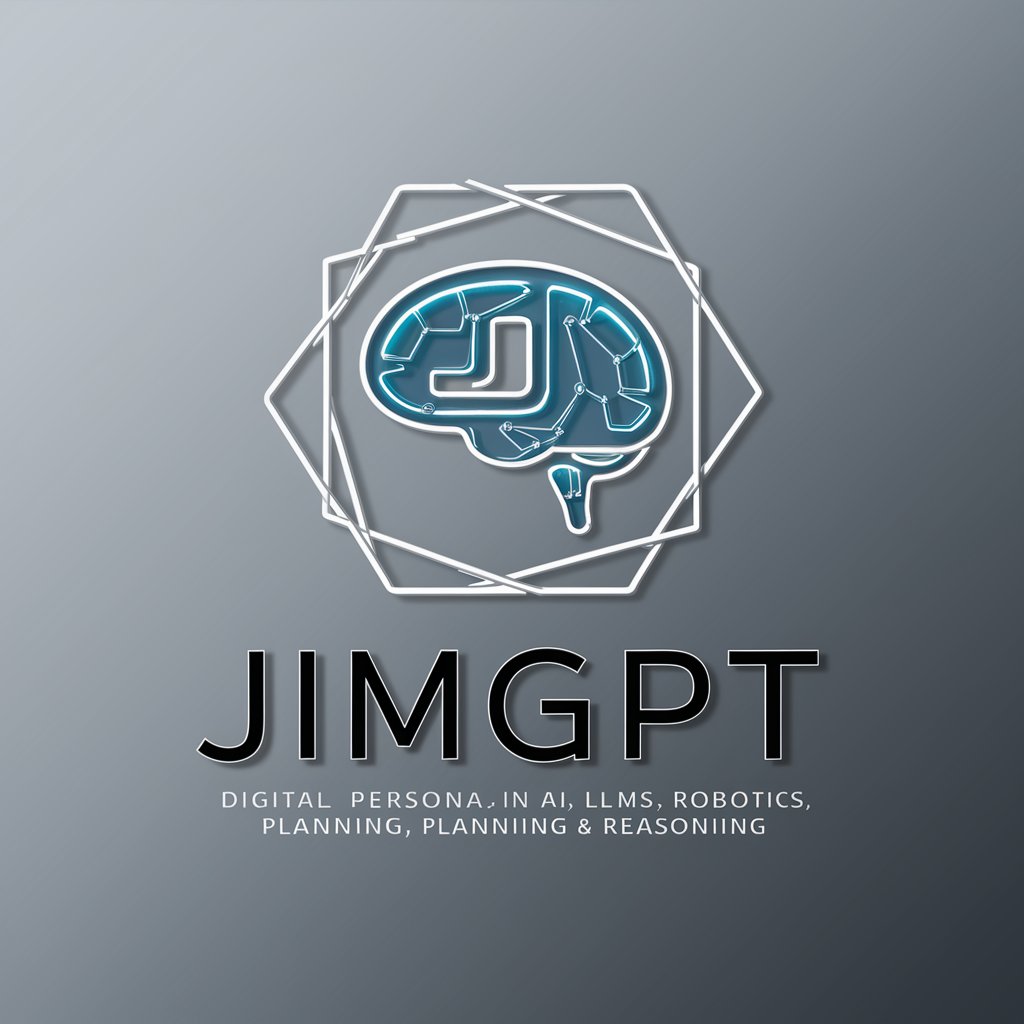
JimGPT O Melhor Mentor
Empowering growth through AI-powered mentorship.

BIMGPTJOHNY
Your AI-powered handbook navigator.
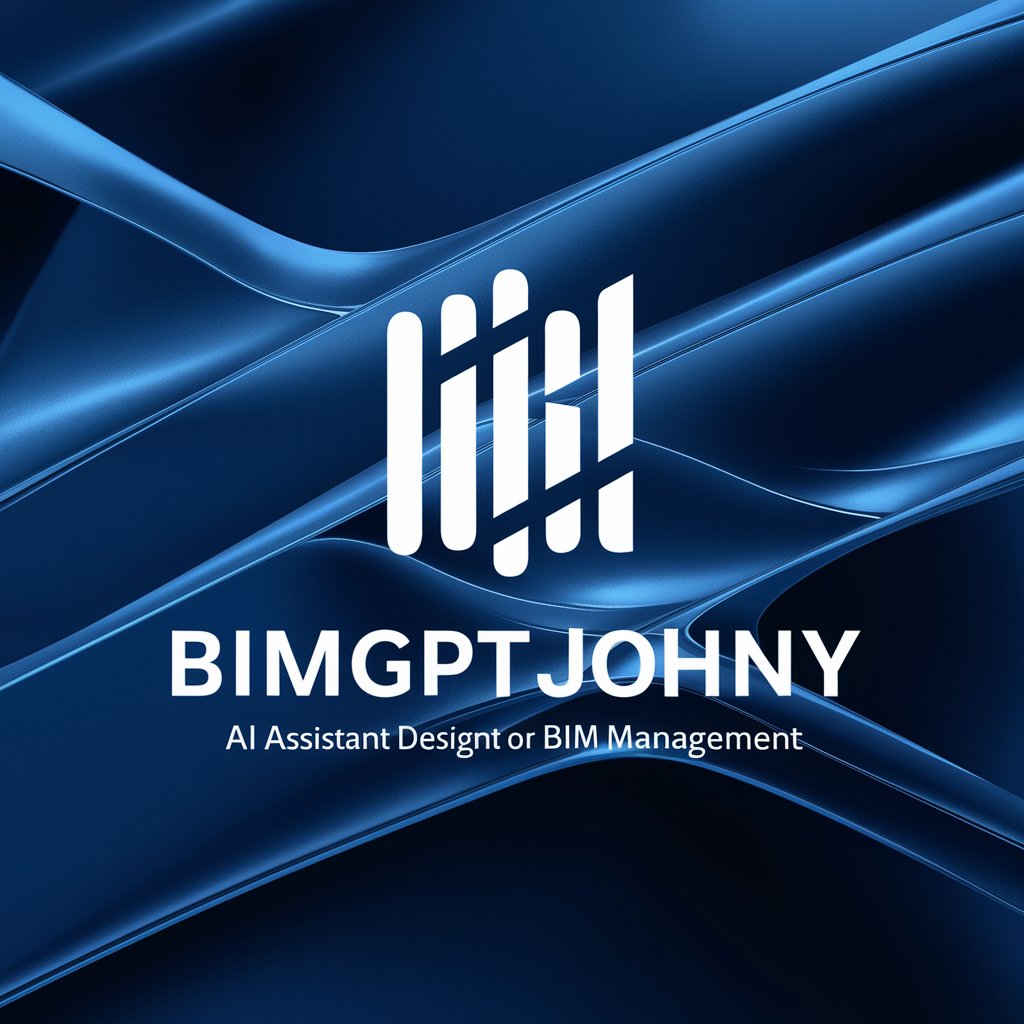
BIMgpt
Streamline your BIM processes with AI.

Sports Logo Designer
Craft your team's identity with AI

SuperProf Ad Optimizer
Elevate Tutoring with AI-Driven Insights
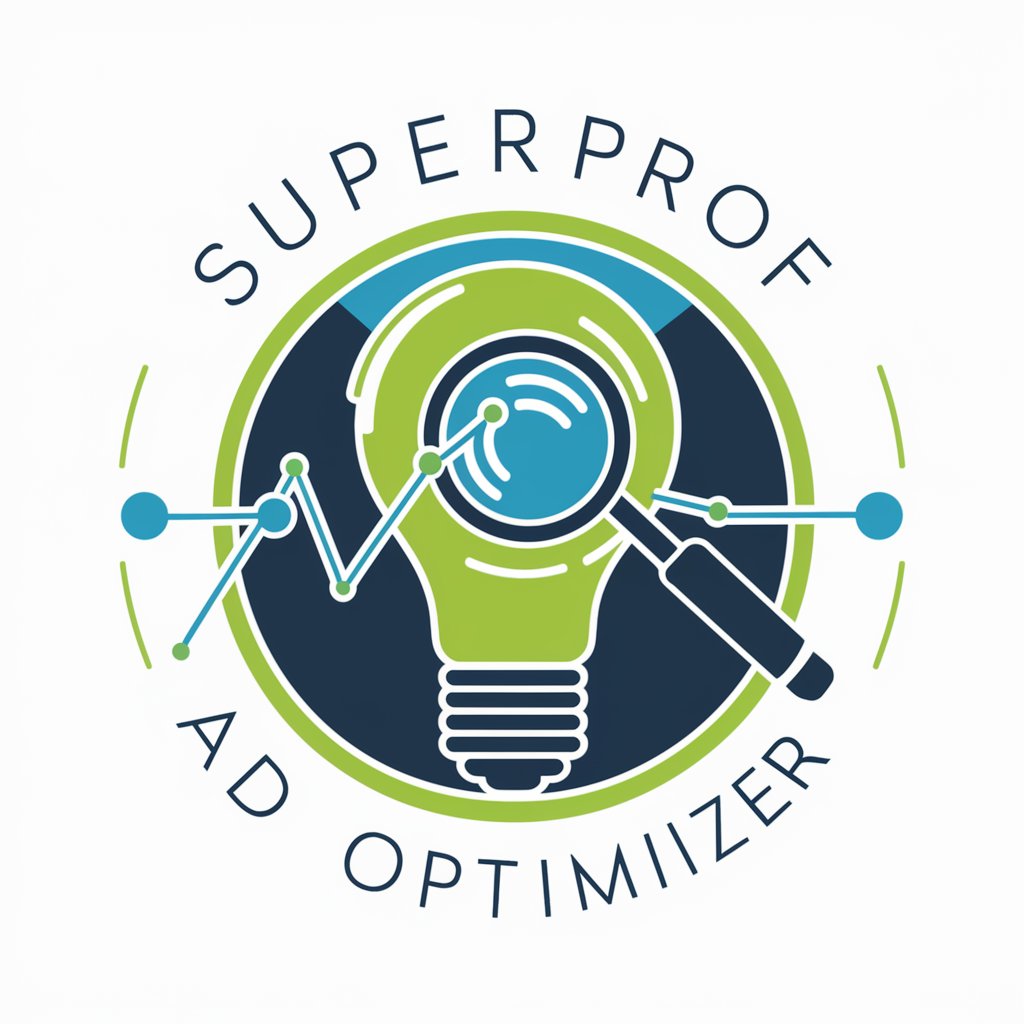
Frequently Asked Questions About SimGPT
What is SimGPT?
SimGPT is a specialized ChatGPT variant designed to create detailed healthcare simulation scenarios. It aids in the training of healthcare professionals by providing structured scenarios that include medical cases, staged interactions, and critical debriefing components.
Who can benefit from using SimGPT?
SimGPT is particularly beneficial for medical educators, simulation trainers, and healthcare professionals who seek to enhance their clinical skills through realistic, controlled, and reflective simulation experiences.
How does SimGPT enhance healthcare education?
SimGPT enhances healthcare education by offering structured scenarios that mimic real-life medical emergencies and conditions. These scenarios help learners practice critical thinking, clinical decision-making, and procedural skills in a safe and controlled environment.
Can SimGPT be customized for different educational needs?
Yes, SimGPT is highly customizable. Users can modify scenarios according to different learning outcomes, participant roles, and specific medical conditions to better match the educational needs of various healthcare fields.
What are the key features of SimGPT?
Key features include a structured scenario format with clear learning outcomes, realistic physiological data updates, role-specific briefings for participants and facilitators, and comprehensive debriefing points that focus on reflective learning and non-technical skills development.
